In a world that’s increasingly fast-paced and digitally connected, certain age-old polite behaviors seem to have fallen by the wayside. These behaviors, once common, are slowly disappearing from our day-to-day interactions. Here’s a look at twelve such courteous customs that have largely vanished from modern society.
1. Writing Thank You Notes
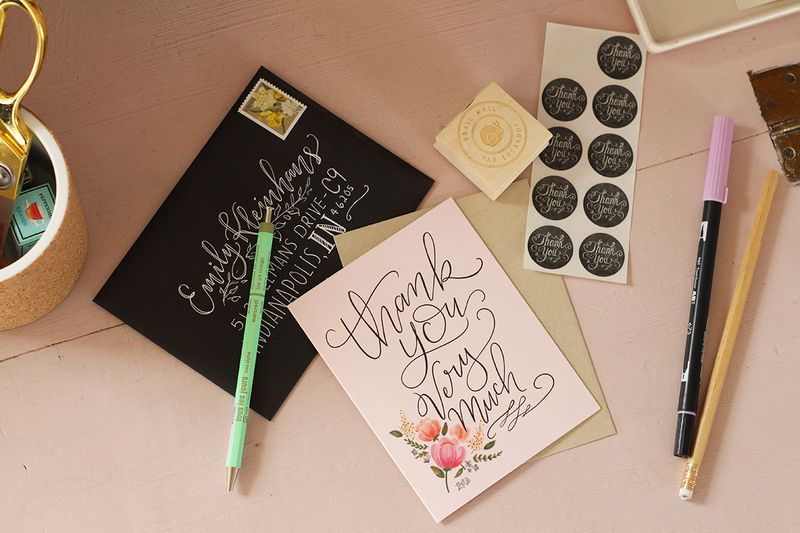
In an age dominated by emails and text messages, the art of writing a heartfelt thank you note has nearly vanished. Once a hallmark of good manners, these notes conveyed genuine gratitude. Imagine receiving a beautifully penned message on lovely stationery, a small token that carried immense personal value.
Today, a quick text or emoji often substitutes this gracious act, robbing it of its personal touch. There’s a charm in receiving something tangible, something that one has taken time to create, which digital bytes can’t replace.
2. Opening Doors for Others
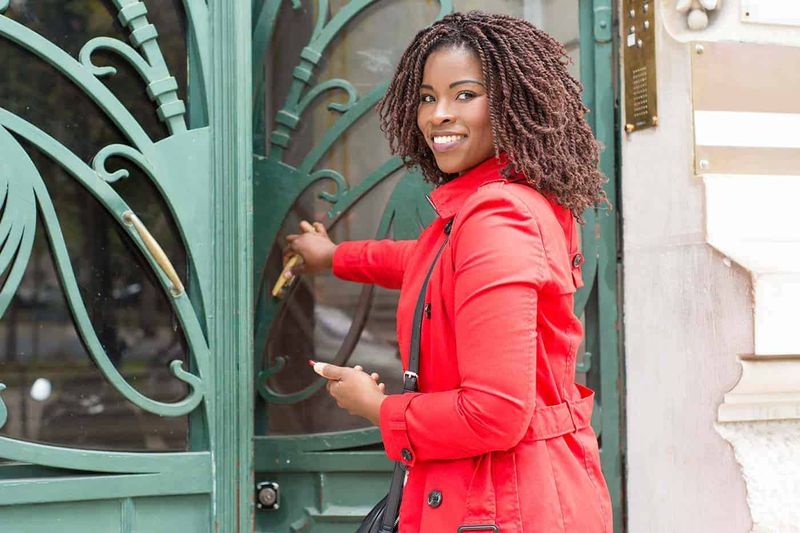
Holding the door open was once a simple yet profound gesture of kindness and respect. It was a way to acknowledge others and show them you cared enough to make their day a bit easier.
This small act of courtesy has become less frequent, often replaced by hurried rushes. In a bustling world, taking a moment to hold the door seems to be a luxury few can afford. But this little act still carries the power to brighten someone’s day and create a connection in unexpected places.
3. Giving Up Seats
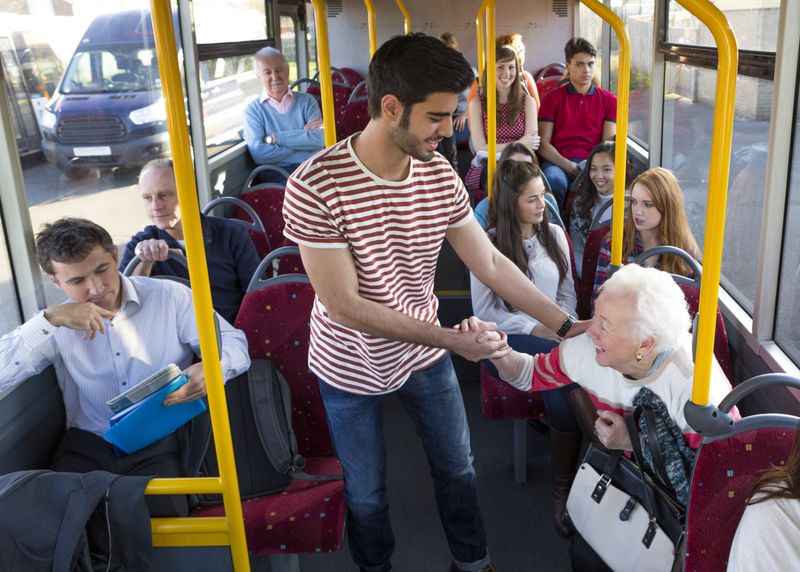
In bustling public transport, offering your seat to someone in need was once a clear sign of respect. Whether for the elderly, pregnant, or those with disabilities, this gesture symbolized empathy and understanding.
Nowadays, many are engrossed in their screens, oblivious to those around them. This shift speaks volumes about societal changes, where personal convenience often outweighs communal care. Yet, when practiced, it still carries the warmth of shared humanity.
4. Telephone Etiquette
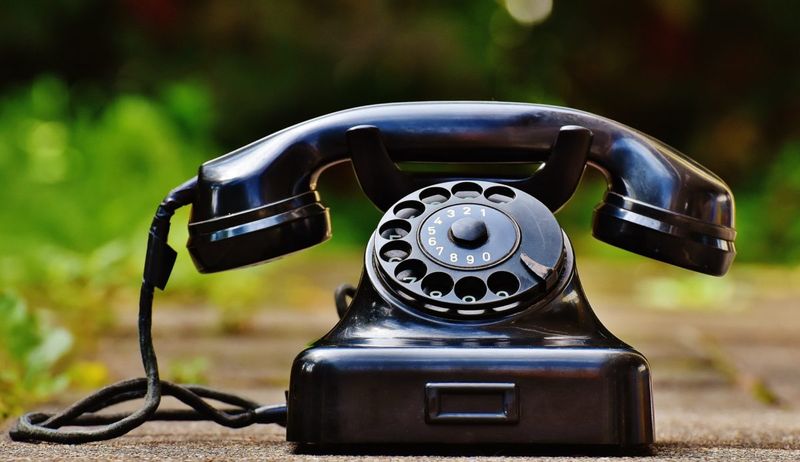
A time once existed when answering the telephone was an art form. Greeting the caller with politeness and listening attentively were standard practices. Every call was an opportunity for meaningful connection.
Today, with smartphones, communication has become more about speed than quality. Voicemails remain unchecked, and calls unanswered, as texts take precedence. The personal touch of a phone call, a once cherished interaction, is fading into oblivion, replaced by brief and impersonal exchanges.
5. Polite Declining
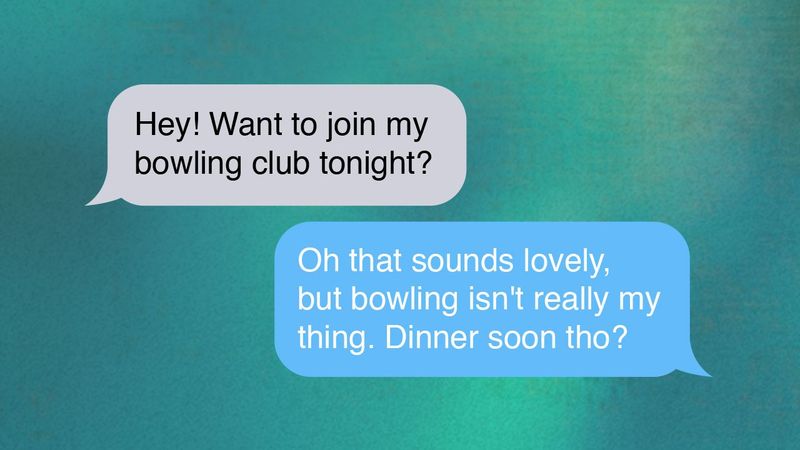
Turning down an invitation was once an art filled with grace. An elegantly worded decline, sometimes accompanied by a written note, demonstrated thoughtfulness and respect for the host.
Today, declines are often abrupt or delivered through impersonal channels, with little regard for the efforts behind the invitation. This shift reflects a broader change in how we value social interactions and commitments, where convenience often overrides courtesy.
6. RSVPing to Events

Responding to invitations with a timely RSVP was once a given, a way to show gratitude and respect for the host’s effort. It was more than mere formality; it was about the commitment to attending or the courtesy of declining.
Today, RSVPing seems to be a rarity, with last-minute decisions becoming the norm. This change has eroded the sense of anticipation and planning that once surrounded special gatherings, leading to uncertainty and last-minute chaos for hosts.
7. Handwritten Letters
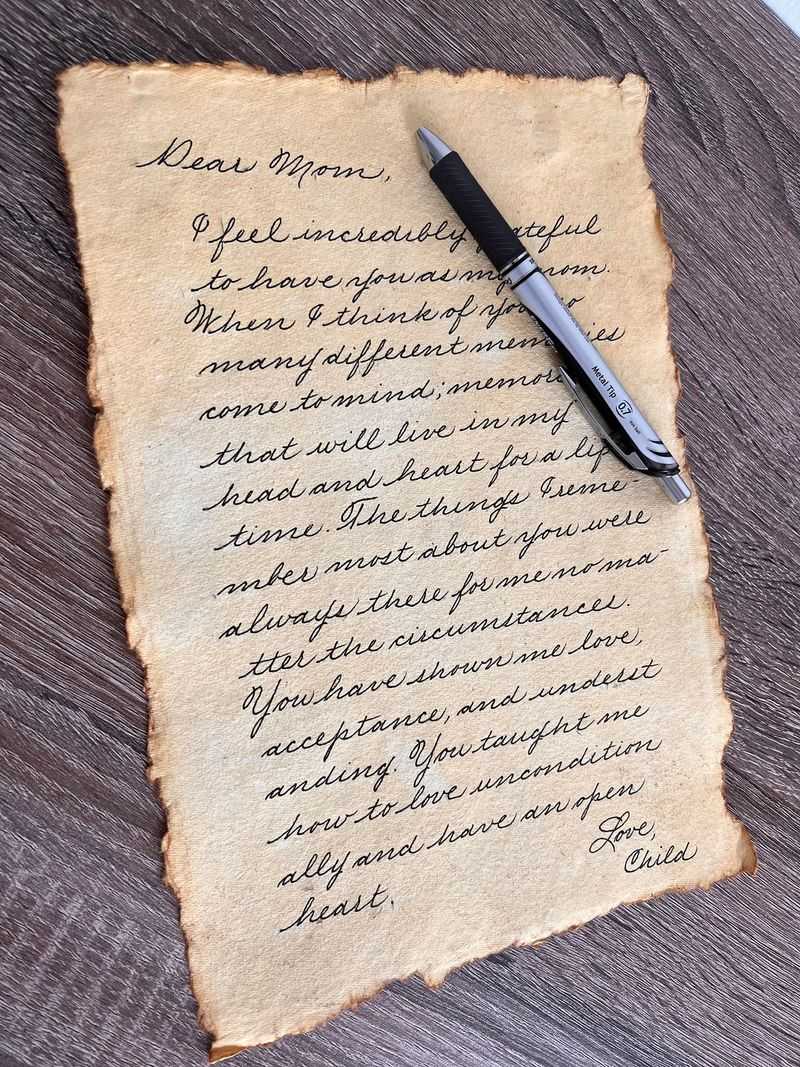
The handwritten letter, a deeply personal and thoughtful means of communication, has almost disappeared. These letters carried emotions, stories, and personal touches that texts and emails can never replicate.
In the digital era, speed and convenience have overshadowed this thoughtful tradition. Receiving a handwritten letter in the mail today is a rare and cherished experience, a nostalgic reminder of a time when communication was an art and every letter a keepsake.
8. Dress Codes

There was a time when attending an event meant adhering to a certain dress code, reflecting respect for the occasion and its hosts. Dressing appropriately showed awareness of social norms and consideration for others.
Today, many ignore dress codes, opting for comfort over conformity. This shift signifies a broader cultural change where individual expression often trumps traditional norms. Yet, dressing up for an event can still transform an ordinary gathering into something special.
9. Table Manners

Table manners, once a staple of family upbringing, played a significant role in social interactions. Proper etiquette at the dining table showed respect for the company and the meal.
Nowadays, with the rise of casual dining, these manners are often neglected. Meals are rushed, and phones dominate the table, overshadowing conversation and connection. While the formality may have relaxed, the essence of table manners still holds value in fostering respect and mindfulness during shared meals.
10. Writing Thank You Letters

Though similar to notes, thank you letters carried even more weight, often reflecting heartfelt gratitude for a significant gesture. They were a way to convey deep appreciation and acknowledgment.
In today’s rushed society, such letters have become almost obsolete, replaced by quick messages. Yet, the thoughtfulness and care in crafting a thank you letter remain unmatched, offering a sincere connection that modern communication often lacks.
11. Introducing Strangers

Introducing strangers was once a social skill that brought people together, often acting as a catalyst for new friendships. It showed awareness and consideration for others, creating a welcoming environment.
Today, this practice seems to have faded, with people often engrossed in their own circles. The art of introduction, though simple, can break barriers and foster a sense of community, reminding us of the importance of human connection.
12. Using Honorifics

Honorifics like ‘Mr.,’ ‘Mrs.,’ or ‘Dr.,’ once formed a cornerstone of polite address, reflecting respect and recognition of social roles. Their use signaled an understanding of the importance of titles and formalities.
In today’s casual culture, such titles are often skipped, leading to a loss of formality and respect in communication. Reviving this practice can restore a sense of dignity and respect in interactions, reminding us of the value of honoring others’ roles and achievements.

